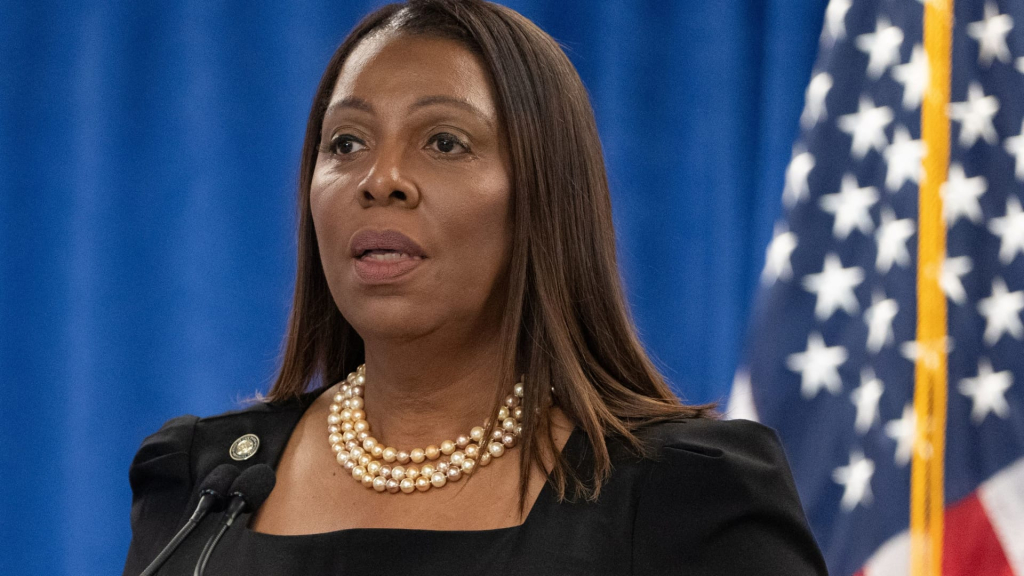Walmart has reached a settlement that includes a fine and an agreement to prohibit its third-party resellers from selling realistic-looking toy guns to customers in New York. This decision comes after New York Attorney General Letitia James announced on Tuesday that the retail giant’s online platform had shipped such items to the state.
This resolution follows a consent order from nearly ten years ago, when Walmart, along with Amazon, Sears, and others, agreed with the former New York attorney general to keep toy guns that resemble real firearms off their shelves statewide. At that time, the retailers incurred civil penalties totaling more than $300,000.
The 2015 agreement was part of a nationwide response to the issue of realistic-looking toy guns, which gained prominence after the tragic shooting of Tamir Rice, a 12-year-old boy who was fatally shot by police while holding a pellet gun in Cleveland in November 2014.
Under current New York law, retailers are forbidden from selling or shipping toy guns that are black, dark blue, silver, or aluminum, as these colors can make them appear like actual firearms.
Toy guns available in the state must be brightly colored or made entirely of transparent materials. Violations of this regulation may result in fines of $1,000 per occurrence, as outlined by James’ office.
“Realistic-looking toy guns can put communities in serious danger and that is why they are banned in New York,” stated Attorney General James.
“Walmart failed to ensure its third-party sellers did not distribute realistic-looking toy guns to New York addresses, which is a violation of our laws and poses a risk to public safety,” she added. “The prohibition on realistic-looking toy guns is intended to safeguard the citizens of New York, and my office will not hesitate to hold any violators accountable.”
Walmart is required to pay $14,000 in penalties and an additional $2,000 in fees, according to the settlement agreement, which the attorney general’s office disclosed.
Walmart has not yet publicly responded to inquiries regarding the settlement and has neither accepted nor denied the findings of James’ investigation.
The settlement stipulates that Walmart must prevent third parties from selling any imitation weapons as specified by state law to buyers in New York. If a third party violates this restriction on three occasions, Walmart is obligated to revoke their ability to sell such items on its platform.
Additionally, Walmart must develop and enforce policies designed to prevent third parties from offering for sale or distributing banned items to New York consumers, as outlined in the settlement.


























